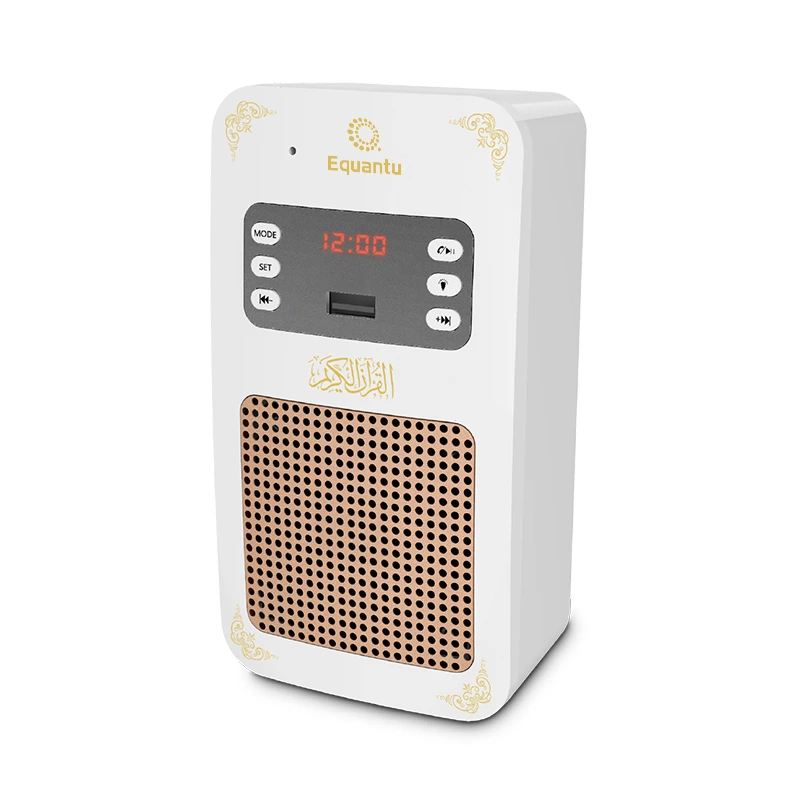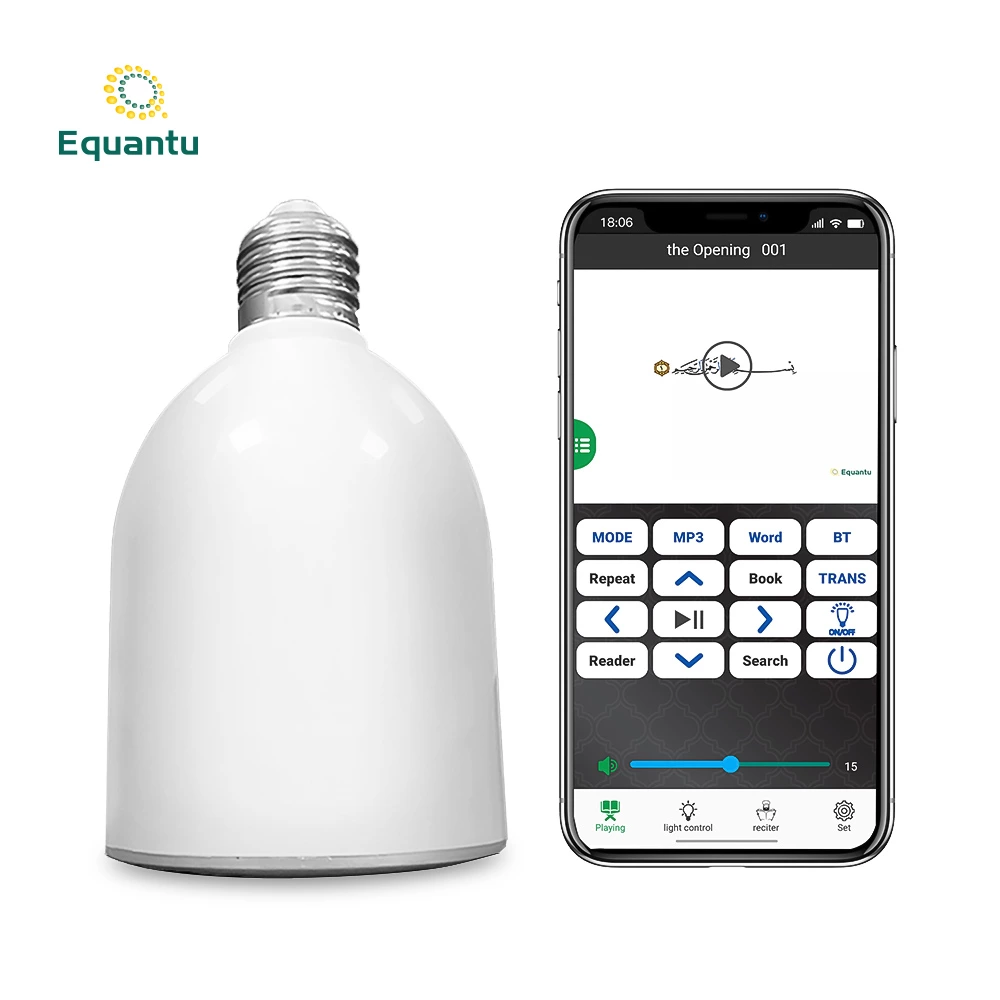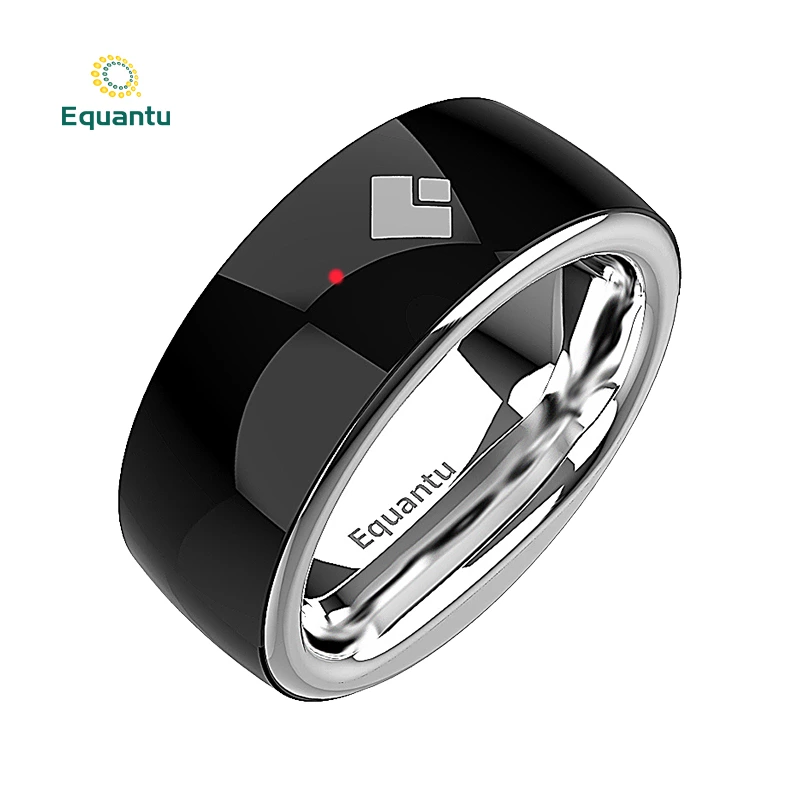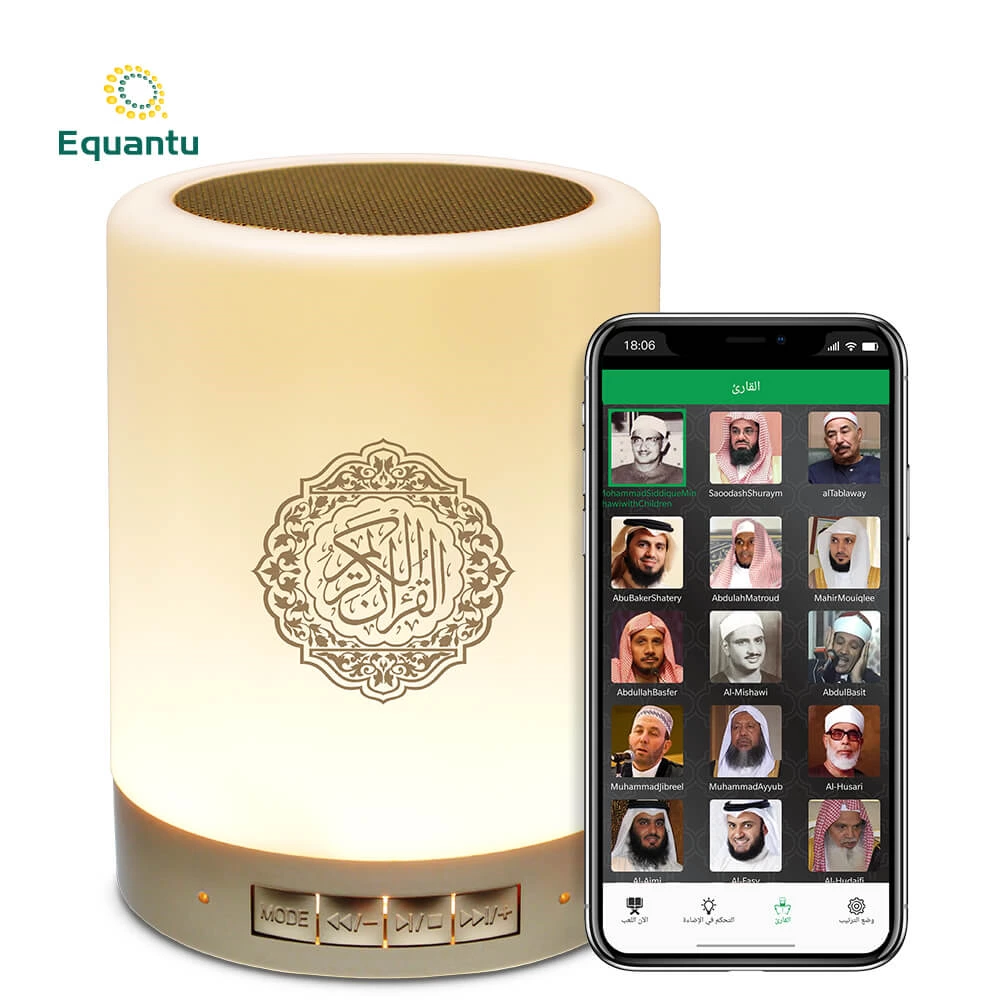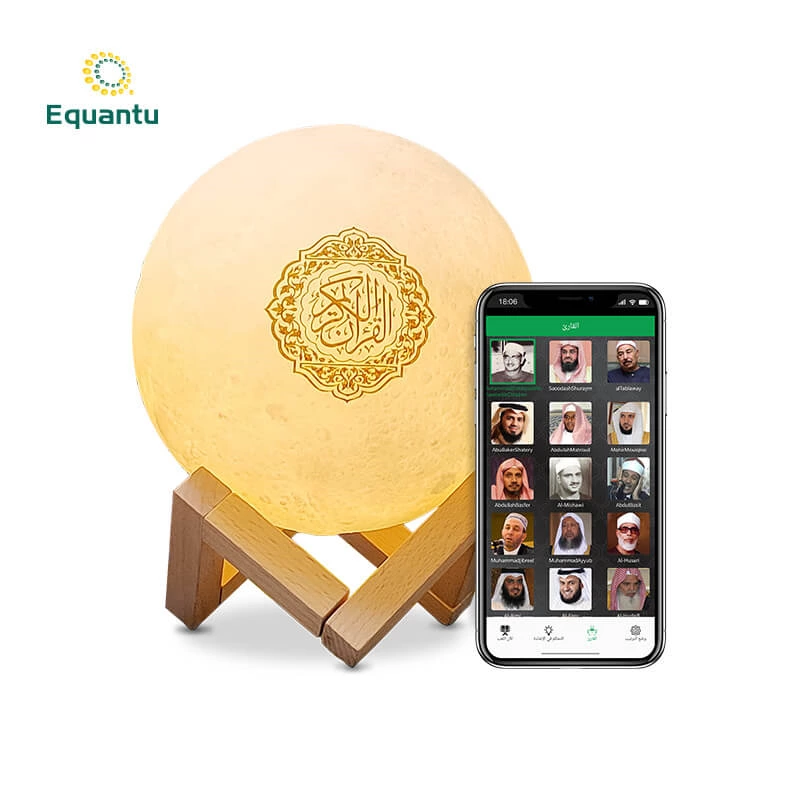1. Market Growth and Revenue Generation
- Expanding Market Size: The global Halal tourism market is projected to reach billions of dollars in the coming years, fueled by the increasing number of Muslim travelers seeking Halal-compliant services.
- Revenue Streams: Halal tourism encompasses various sectors, including accommodation, transportation, dining, entertainment, and retail, each contributing to the overall revenue.
- Integration of Islamic Products: Products like Quran speakers and Zikr rings enhance the attractiveness of travel packages, creating additional revenue streams through sales and rentals.
2. Contribution to National GDP
- Boost to Local Economies: Halal tourism significantly contributes to the GDP of popular travel destinations by attracting international visitors who spend on accommodation, food, transportation, and leisure activities.
- Investment in Infrastructure: The growing demand for Halal tourism encourages investments in infrastructure, such as the development of halal-certified hotels, restaurants, and transportation services, further stimulating economic growth.
- Integration of Islamic Products: The inclusion of Quran speakers and Zikr rings in tourism offerings promotes local manufacturing and sales, contributing to economic diversification and resilience.
3. Job Creation and Employment Opportunities
- Direct Employment: The Halal tourism sector creates direct employment opportunities in hospitality, food services, transportation, and tour operations, providing jobs for millions of people worldwide.
- Indirect Employment: Supporting industries such as manufacturing, retail, and marketing also benefit from the growth of Halal tourism, generating indirect employment opportunities.
- Integration of Islamic Products: The production, distribution, and retail of Quran speakers and Zikr rings create additional job opportunities, from manufacturing and design to sales and customer service.
4. Boost to Local Businesses and SMEs
- Support for Small and Medium Enterprises (SMEs): Halal tourism provides a steady stream of customers for local businesses, including restaurants, souvenir shops, and tour operators, fostering the growth of SMEs.
- Entrepreneurial Opportunities: The demand for Halal-compliant products and services encourages entrepreneurship, leading to the establishment of new businesses that cater specifically to Muslim travelers.
- Integration of Islamic Products: Local artisans and manufacturers producing Quran speakers and Zikr rings benefit from increased demand, promoting craftsmanship and innovation within communities.
5. Sustainable Economic Development
- Promotion of Sustainable Practices: Halal tourism often emphasizes ethical and sustainable practices, such as eco-friendly accommodations and responsible travel, contributing to long-term economic sustainability.
- Cultural Preservation: The economic benefits of Halal tourism incentivize the preservation and promotion of cultural heritage sites and Islamic traditions, ensuring their maintenance and protection.
- Integration of Islamic Products: Sustainable production methods for Quran speakers and Zikr rings align with the ethical principles of Halal tourism, promoting environmentally responsible economic growth.
6. Global Competitiveness and Destination Branding
- Enhancing Global Competitiveness: Countries and destinations that excel in Halal tourism gain a competitive edge in the global travel market, attracting a significant share of Muslim travelers.
- Destination Branding: The association with Halal tourism strengthens a destination's brand, highlighting its commitment to catering to the needs of Muslim visitors and enhancing its reputation as a Muslim-friendly location.
- Integration of Islamic Products: Featuring Quran speakers and Zikr rings in destination branding efforts showcases the destination's dedication to providing comprehensive Halal-compliant experiences, further attracting Muslim tourists.
7. Technological Advancements and Innovation
- Innovation in Services: The demand for Halal tourism drives innovation in services and products, such as the development of advanced Quran speakers and stylish Zikr rings that enhance the travel experience.
- Digital Transformation: The Halal tourism industry leverages digital technologies for marketing, booking, and customer engagement, contributing to overall economic modernization.
- Integration of Islamic Products: Technological advancements in the production and functionality of Quran speakers and Zikr rings foster innovation and efficiency, supporting the growth of the Halal tourism sector.
Conclusion
The economic impact of the Halal tourism industry is profound and multifaceted, driving growth, employment, and sustainable development across the globe. By catering to the specific needs of Muslim travelers, Halal tourism not only boosts local and national economies but also promotes cultural preservation and ethical practices. Modern Islamic products like Quran speakers and Zikr rings play a crucial role in enhancing the travel experience, creating additional revenue streams, and fostering innovation within the industry. As Halal tourism continues to expand, its economic benefits will further solidify its position as a vital component of the global travel market.

